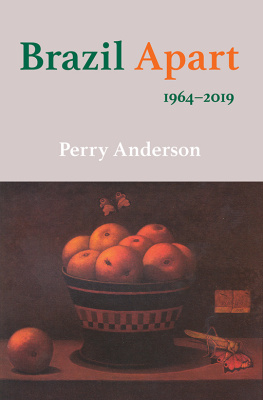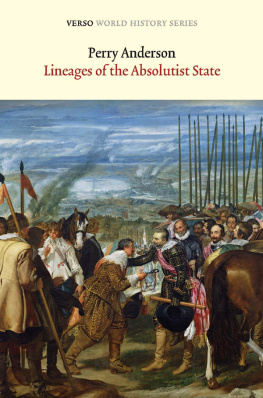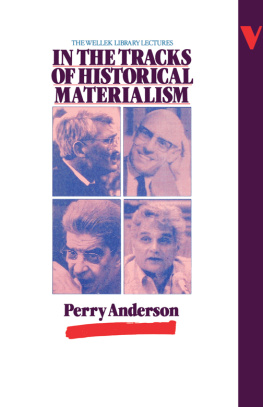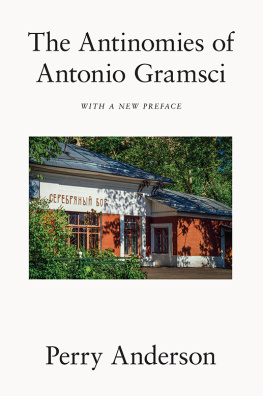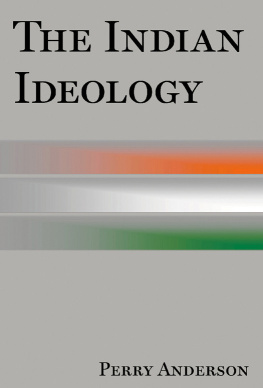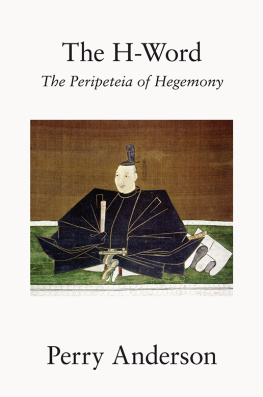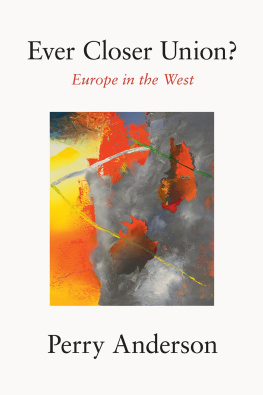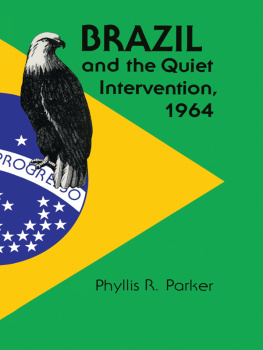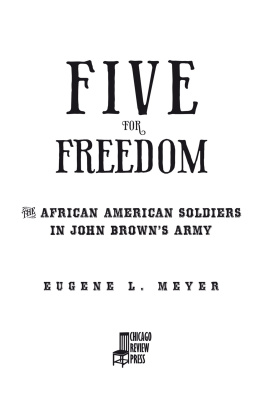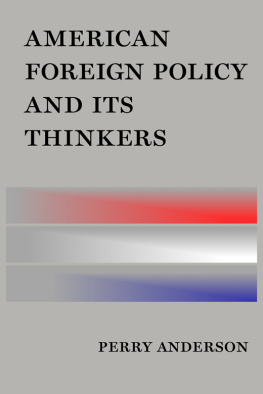Perry Anderson - Brazil Apart 1964-2019
Here you can read online Perry Anderson - Brazil Apart 1964-2019 full text of the book (entire story) in english for free. Download pdf and epub, get meaning, cover and reviews about this ebook. year: 2019, publisher: Verso, genre: Politics. Description of the work, (preface) as well as reviews are available. Best literature library LitArk.com created for fans of good reading and offers a wide selection of genres:
Romance novel
Science fiction
Adventure
Detective
Science
History
Home and family
Prose
Art
Politics
Computer
Non-fiction
Religion
Business
Children
Humor
Choose a favorite category and find really read worthwhile books. Enjoy immersion in the world of imagination, feel the emotions of the characters or learn something new for yourself, make an fascinating discovery.
- Book:Brazil Apart 1964-2019
- Author:
- Publisher:Verso
- Genre:
- Year:2019
- Rating:3 / 5
- Favourites:Add to favourites
- Your mark:
- 60
- 1
- 2
- 3
- 4
- 5
Brazil Apart 1964-2019: summary, description and annotation
We offer to read an annotation, description, summary or preface (depends on what the author of the book "Brazil Apart 1964-2019" wrote himself). If you haven't found the necessary information about the book — write in the comments, we will try to find it.
Brazil Apart 1964-2019 — read online for free the complete book (whole text) full work
Below is the text of the book, divided by pages. System saving the place of the last page read, allows you to conveniently read the book "Brazil Apart 1964-2019" online for free, without having to search again every time where you left off. Put a bookmark, and you can go to the page where you finished reading at any time.
Font size:
Interval:
Bookmark:

By the same author
Passages from Antiquity to Feudalism
Lineages of the Absolutist State
Considerations on Western Marxism
Arguments within English Marxism
In the Tracks of Historical Materialism
The Antinomies of Antonio Gramsci
English Questions
A Zone of Engagement
The Origins of Postmodernity
Spectrum
The New Old World
The Indian Ideology
American Foreign Policy and Its Thinkers
The H-Word
19642019
Perry Anderson

First published by Verso 2019
Perry Anderson 2019
All rights reserved
The moral rights of the author have been asserted
1 3 5 7 9 10 8 6 4 2
Verso
UK: 6 Meard Street, London W1F 0EG
US: 20 Jay Street, Suite 1010, Brooklyn, NY 11201
versobooks.com
Verso is the imprint of New Left Books
ISBN-13: 978-1-78873-794-4
ISBN-13: 978-1-78873-796-8 (US EBK)
ISBN-13: 978-1-78873-795-1 (UK EBK)
British Library Cataloguing in Publication Data
A catalogue record for this book is available from the British Library
Library of Congress Cataloging-in-Publication Data
A catalog record for this book is available from the Library of Congress
Typeset in Minion Pro by MJ & N Gavan, Truro, Cornwall
Printed and bound by CPI Group (UK) Ltd, Croydon, CR0 4YY
For Roberto and Grecia
&
In memory of Carmute
The genesis of this book derives from a larger project, a study of the political life of the major powers of the world, and the emergent inter-state system that they have started to form in the twenty-first century. I began thinking and writing about these in the early nineties; publishing in due course books on Europe and on India. My intention was then to complete the design by bringing together work on the United States, Russia, China and Brazil, of which I had been producing instalments, in a single volume. After finishing the section on Brazil early this year, I was asked by a publisher in So Paulo if it could be translated as a stand-alone book there. On agreeing to this, I came to the conclusion that it made sense to do the same with the original. There were, I decided, both subjective and objective reasons for decanting Brazil from the analytic vessel I previously had in mind.
On the subjective side, my relationship to the country sets it apart in the group of states about which I was writing. Brazil was the first and only foreign country in which I livedas opposed to visitinguntil I was fifty. I was in my twenties, a time when experience is typically more vivid, impressions and connexions go deeper, than in later years. Arriving in Rio in the autumn of 1966, with little knowledge and still less wherewithal to research recent Brazilian history, I returned to London in the spring of 1967, prospects of becoming a Brazilianist lapsing in the student turbulence of 1968. So not a long time to get to know another society. But enough, in this case, to form life-long friendships and fascinations, and a stronger affection for the country, in many ways, than for any other. I was fortunate in the timing of my season in Brazil, for it came in a brief interval between the installation of the military dictatorship in 1964 and its full repressive hardening in 1968, a phase when freedom of speech and print, of screen and stage, had not yet been cancelled, and political opposition could find public expression. In that short-lived interim, the cultural and intellectual energies of the radical ferment which the coup of 1964 intervened to suppress were, if anything, heightened by the electric tensions of resistance to the regime in place. The atmosphere of those months was unforgettable.
When the crack-down of the Fifth Institutional Act of the dictatorship came at the end of 1968, militants taking up arms against it, others driven into exile, memories and contacts remained. Vladimir Herzog, the one Brazilian I knew slightly before going there, who provided me with my only introductions in the country, was tortured and killed by the regime in 1975, his death a watershed in the history of the dictatorship. Among those who escaped, not a few made their way to France. In London, working at New Left Review, the Brazilian intellectual colony in Paris was nearby. One of the earliest books this imprint produced was the work of a founder of the VPR guerrillas, today a scholar Invited to an international conference in Braslia in 1979, I went to the country again soon after exiles were allowed to return, as the dictatorship was preparing its soft landing into a democracy forbidden to investigate its crimes or question its legitimacy. Since then Ive gone there often enough, the chapters of this book marking some of the occasions, each of them a political turning-point, when Ive done so. What all this has meant is that the forms of my writing on Brazil are sufficiently distinct to warrant separate publication. Texture and tone differ.
On the objective side, Brazil is also a case apart in the gallery of leading states across the world. With the fifth-largest land-mass and population, and now the second-highest per capita income of the BRICs, it is unquestionably a major power, looming larger in its continent than any other in the world except the United States in North America. But history and geography have also made it more isolated and self-contained than any other state of comparable magnitude. In South America, language divides it from every other country. In a region of republics long before Europe achieved these as a norm, it alone formed an empire, lasting nearly a century. Until recent times, dense rainforest, desolate scrub and impassable marsh separated its vast interior from every neighbouring state save on its narrow southernmost border. Culturally and psychologically, Brazilian society in large measure turned its back on the Hispanic world surrounding it to the west, looking away to Europe, and latterly up to the United States. But the South Atlantic is a long way from the North not meant provincialism, in any ordinary sense of the word. The country forms too big a universe on its own, in which any number of creative minds can find full absorption with its own problems, without need to look much farther afield, for that. But a national culture that remains so largely sufficient to itself as the natural horizon of thought is, for better or worse, not unlike a nineteenth-century exception in this one.
A further, politically more decisive, determinant separates Brazil from its peers in the Northern hemisphere. It is a major but not a Great Power, since it does not possess the armed forcesheer military weight: troops, tanks, carriers, aircraft, missileswhich continues to define that status, and would qualify it for the rank. Under their own flags, all the other contenders for it have fought wars since 1945: China in Korea, India and Vietnam; Russia in Afghanistan and the Caucasus; Europe in the Balkans and Middle East; India in Bengal, Ceylon and Kashmir; the United States in the Far East, the Middle East, the Balkans, North Africa and the Caribbean. Brazil has not. Its army is puny compared with the might of these states. On the other hand, unlike in any of them, it constitutes a central political power within the country. What it lacks in external throw-weight, it makes up for in domestic strike-capacity. Not aggression abroad, but repression at home has been its great vocation. This is the configuration which frames the period explored in the pages to come.
Font size:
Interval:
Bookmark:
Similar books «Brazil Apart 1964-2019»
Look at similar books to Brazil Apart 1964-2019. We have selected literature similar in name and meaning in the hope of providing readers with more options to find new, interesting, not yet read works.
Discussion, reviews of the book Brazil Apart 1964-2019 and just readers' own opinions. Leave your comments, write what you think about the work, its meaning or the main characters. Specify what exactly you liked and what you didn't like, and why you think so.

